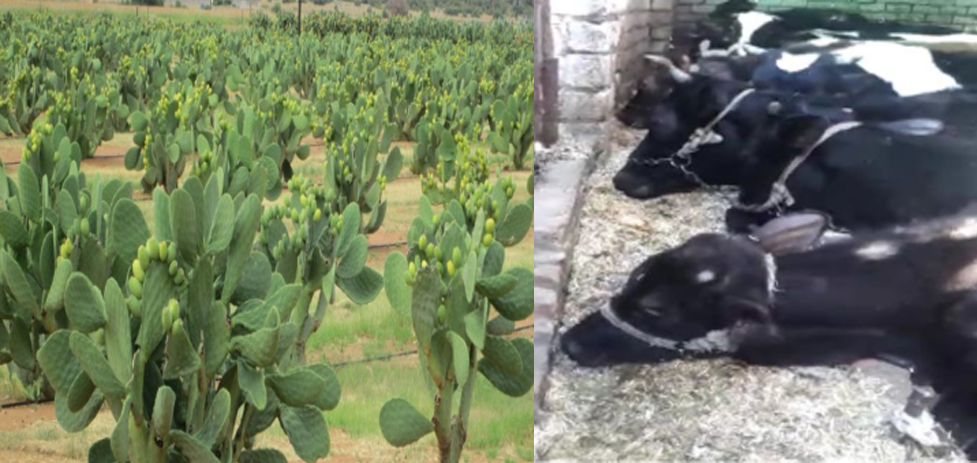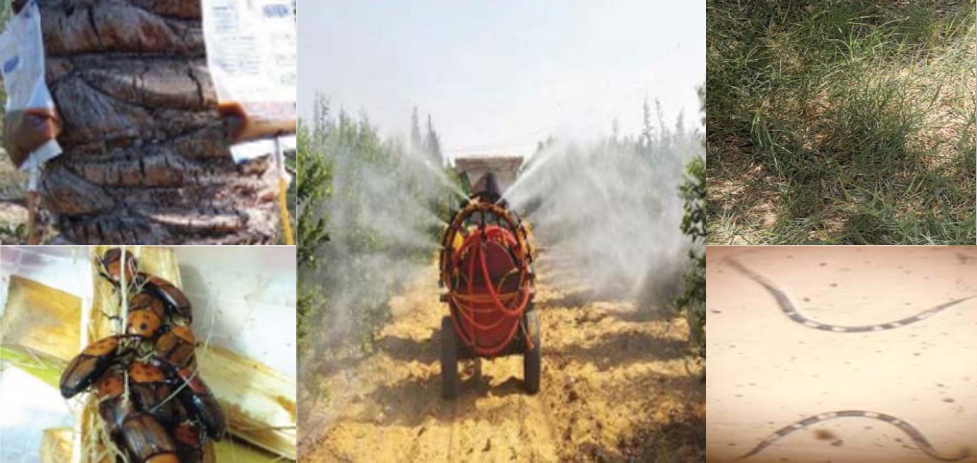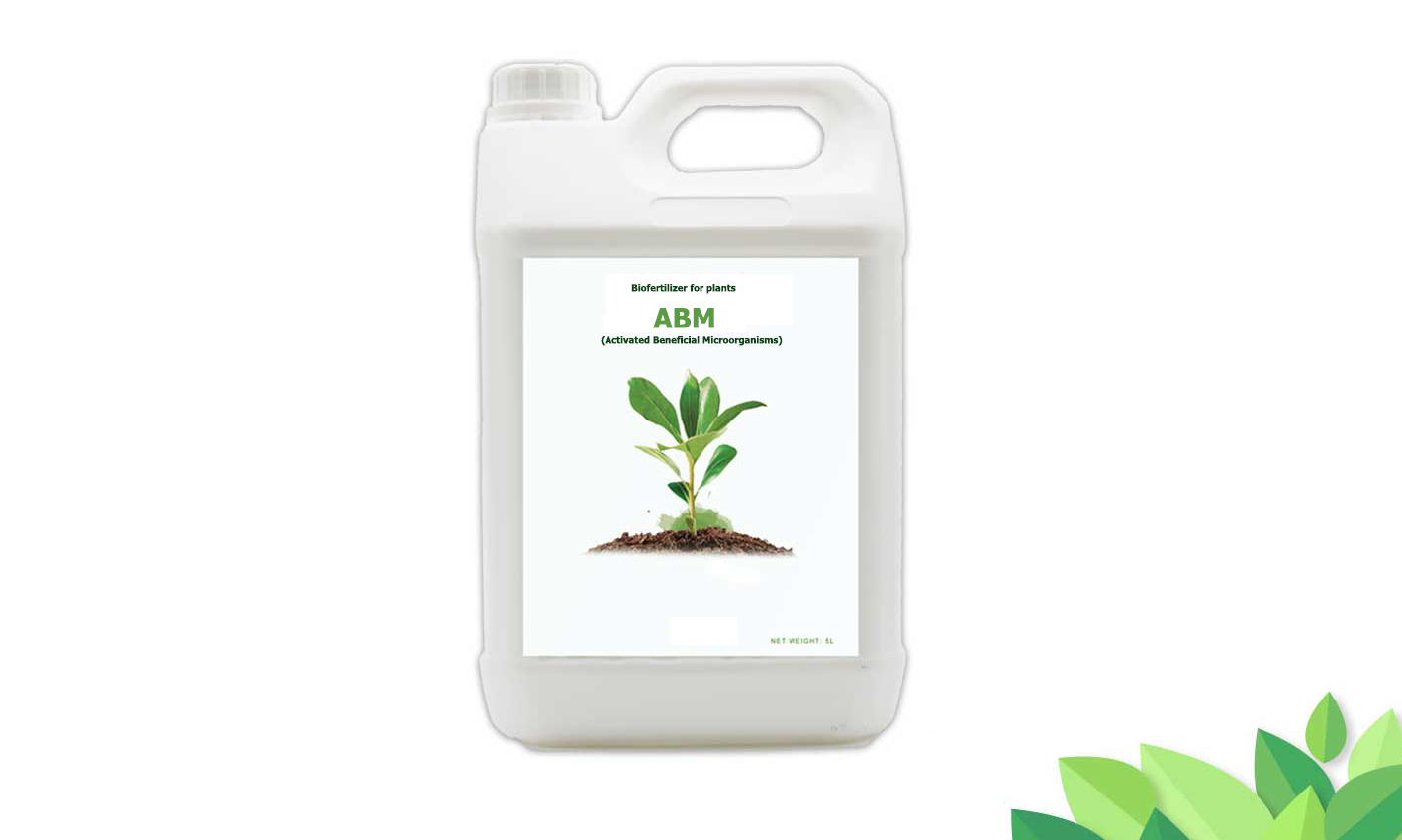Service
Agricultural Engineering
Agricultural engineering is a multidisciplinary field that applies engineering principles, techniques, and technologies to solve challenges related to agricultural production, processing, and management. This branch of engineering encompasses various aspects of agriculture, including crop production, soil management, irrigation, machinery design, post-harvest processing, and environmental conservation.
Process
Agricultural Engineering
Crop Production and Management: Agricultural engineers develop and implement techniques to optimize crop production, including soil preparation, planting, fertilization, pest management, and crop rotation. They also study factors such as climate, soil quality, and water availability to enhance agricultural productivity and sustainability.
Irrigation Systems: Agricultural engineers design, install, and manage irrigation systems to efficiently deliver water to crops while minimizing waste. They develop technologies such as drip irrigation, sprinkler systems, and moisture sensors to optimize water usage and improve crop yields.
Machinery and Equipment Design: Agricultural engineers design and manufacture machinery and equipment tailored to the needs of farmers and agricultural operations. This includes tractors, harvesters, plows, seeders, and other specialized tools used for planting, cultivation, harvesting, and processing crops.
Environmental Conservation: Agricultural engineers develop strategies and technologies to minimize environmental impact and promote sustainability in agricultural practices. They work on projects related to soil erosion control, water conservation, waste management, and renewable energy integration to mitigate the negative effects of agricultural activities on ecosystems and natural resources.
Post-Harvest Processing and Storage: Agricultural engineers design and optimize systems for processing, packaging, and storing agricultural products after harvest. They develop technologies such as drying systems, cold storage facilities, and packaging materials to maintain product quality and prolong shelf life.
Biotechnology and Genetic Engineering: Agricultural engineers may be involved in research and development projects related to biotechnology and genetic engineering in agriculture. This includes the development of genetically modified crops, bioremediation techniques, and biofuel production methods to improve crop characteristics, increase yield, and address environmental challenges.
Precision Agriculture: Agricultural engineers utilize advanced technologies such as GPS, remote sensing, and data analytics to implement precision agriculture practices. They collect and analyze data to optimize inputs such as water, fertilizers, and pesticides, leading to more efficient resource utilization, reduced costs, and improved environmental stewardship.
Overall, agricultural engineering plays a crucial role in addressing the complex challenges facing the agricultural sector, contributing to increased productivity, sustainability, and resilience in food production systems worldwide.
Projects
Exclusive economical projects:

Products from the cladodes of prickly pear cactus

Natural Compounds to Resist Agricultural Pests

Biofertilizer for plants
(Activated Beneficial Microorganisms)
